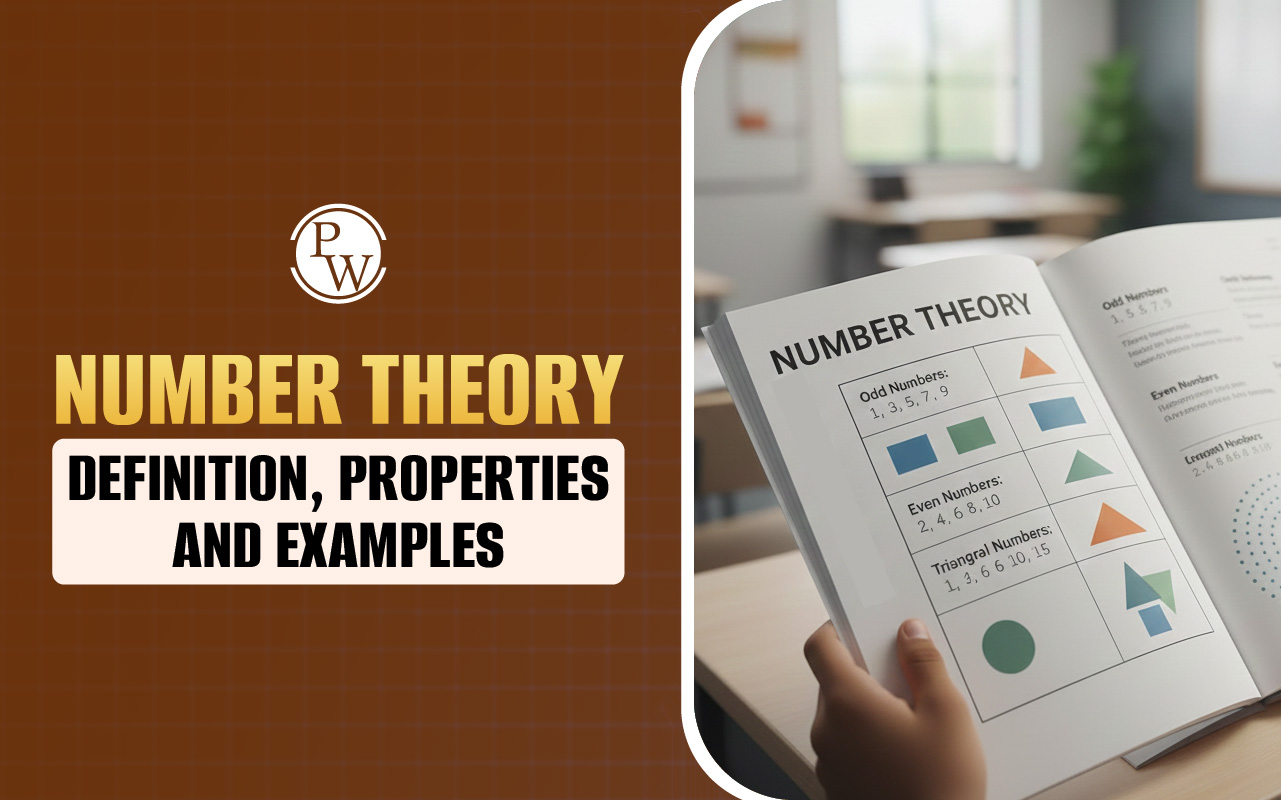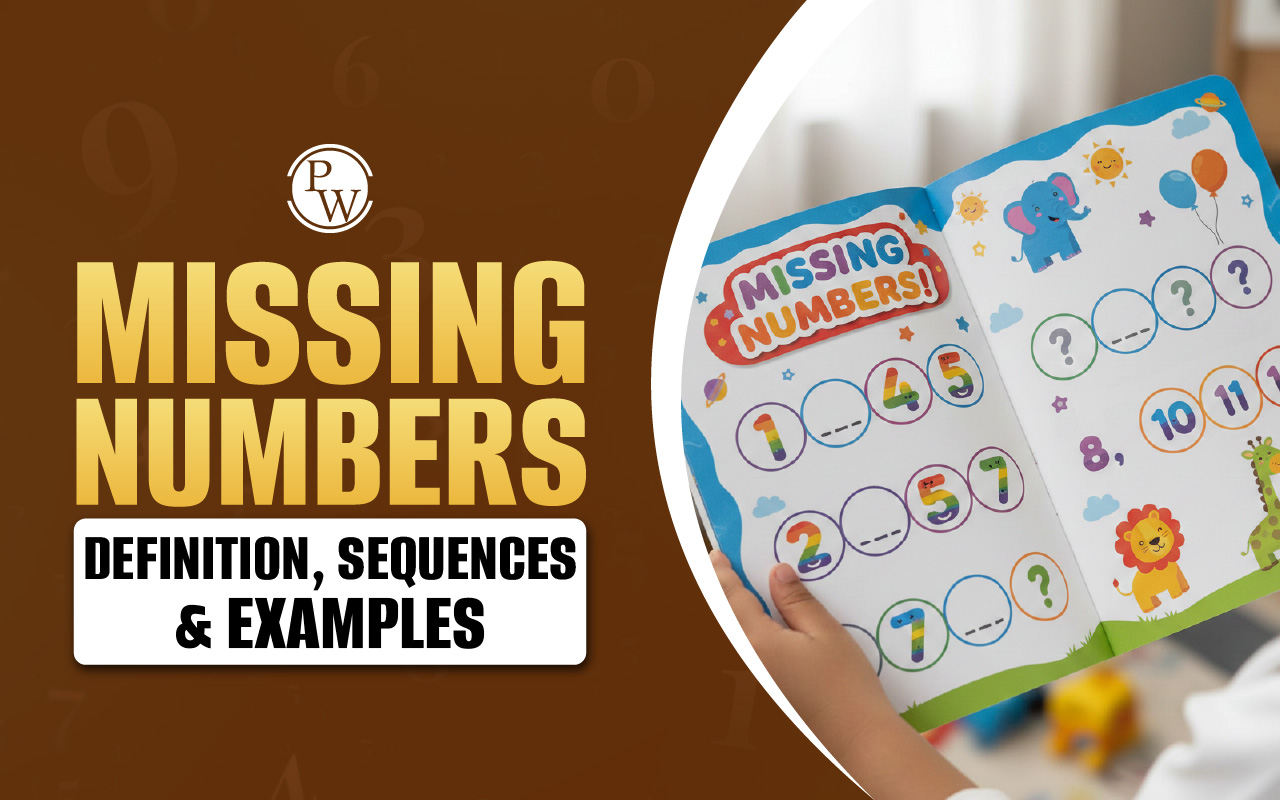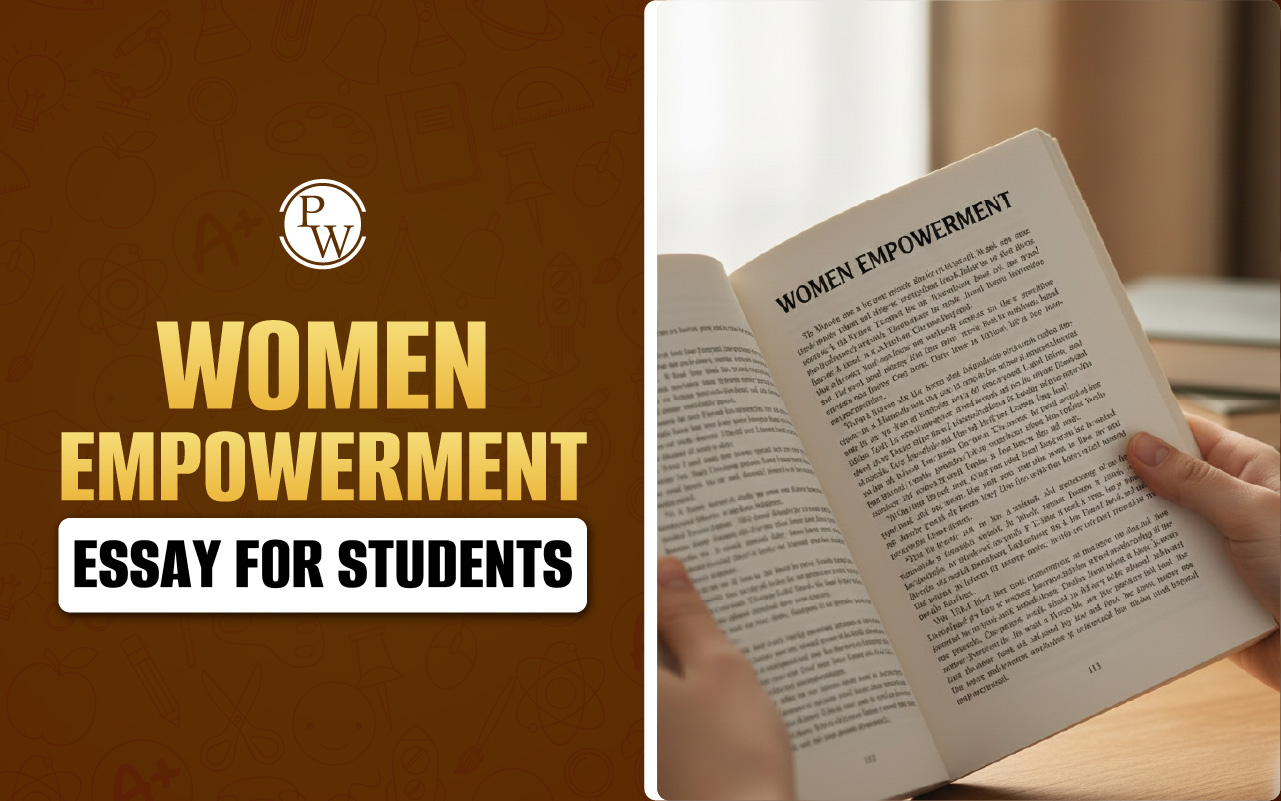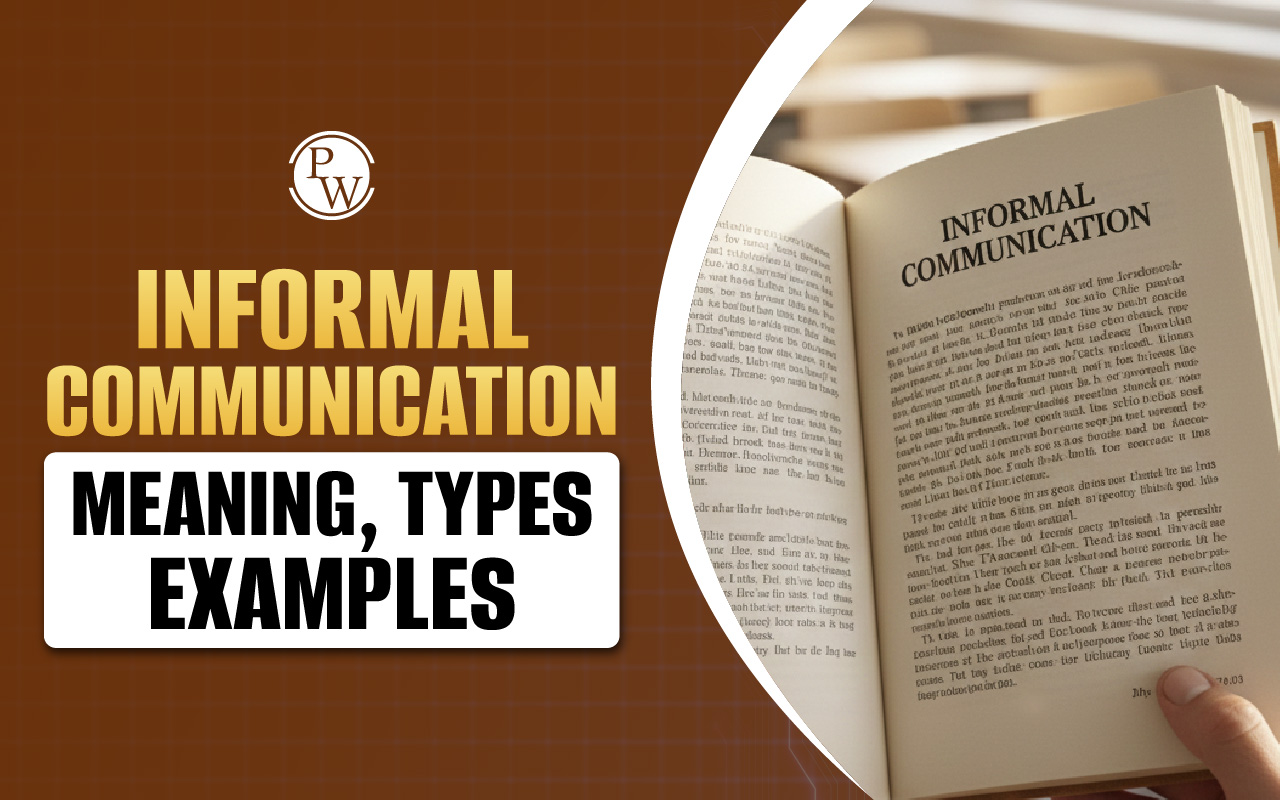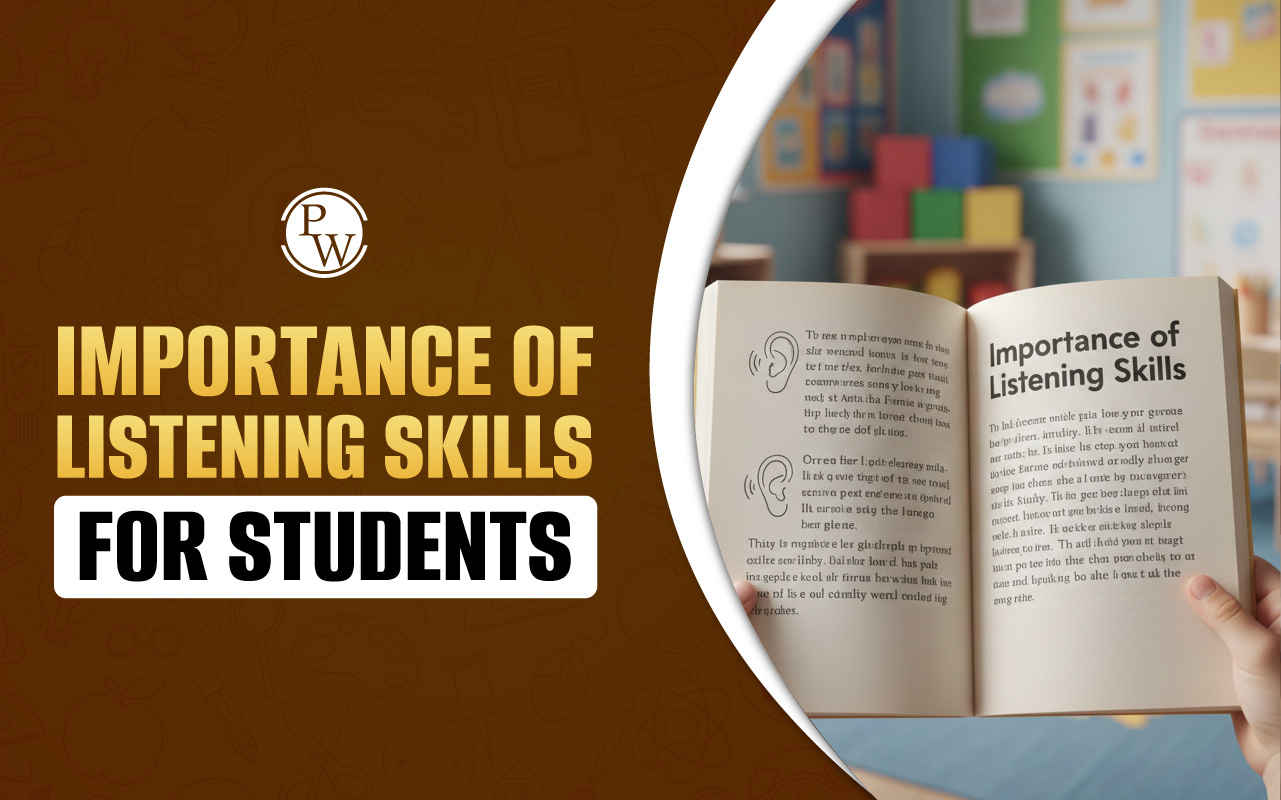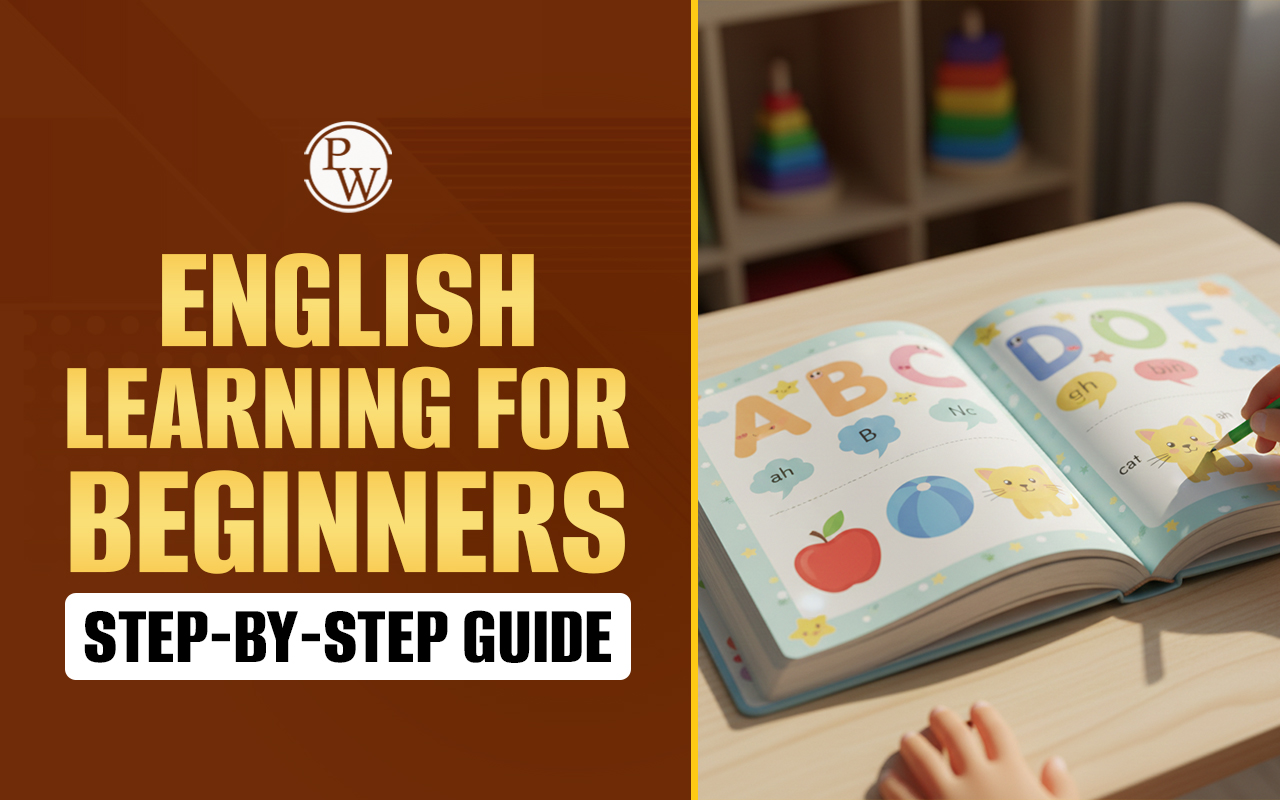
Complex sentences are not complex at all instead, they help communicate ideas and situations more clearly and informally. They help express a main idea with extra details by connecting clauses with conjunctions.
We often use complex sentences to describe what happens and when, and to explain reasons, responses, and circumstances with more clarity and justification. With different ways of writing complex sentences and numerous subordinating conjunctions, we will help you make your writing more fluent, accurate, and interesting.
Read More: Pronouns
What is Complex Sentence?
Here we will understand the complex sentence meaning. A complex sentence is a type of sentence with a special structure, which contains two parts: a main part known as an independent clause and another part known as a dependent clause or subordinate clause.The subordinate clause begins with a subordinating conjunction that relates the dependent clause to the independent clause. Complex sentences clarify or explain a situation by providing more information.
Let’s see Complex sentence examples like:
We reached home late because our car broke down.
In this sentence, ‘We reached home late’ is the independent clause, and ‘because our car broke down’ is the dependent clause. Here, the conjunction because is the subordinating conjunction that combines these two parts of the sentence.
Read More: Singular Nouns
What are Independent and Dependent Clauses?
The Complex sentence definition states that it consists of an independent and dependent clause, combined with supporting conjunctions. Let’s explain these two types of clauses in detail.
An independent clause is a part of the sentence that carries a meaning when used independently. In other words, it can be used as a standalone sentence, which makes sense.
A dependent clause is a part of the sentence that doesn’t make sense but must be combined with the main clause.
Identifying dependent clauses in a complex sentence is easy because they start with a subordinating conjunction.
For example, let’s take the following complex sentence.
You can’t enter the exam hall unless you show your admit card.
In this sentence, You can’t enter the exam hall is the independent clause because it carries a meaning when used independently.
Unless you show, your admit card is the dependent clause because it doesn’t make sense and can’t be used as a standalone sentence.
Read More: Plural Nouns
Complex sentence definition
A complicated sentence is one that has at least one dependent (or subordinate) component along with one independent clause. The independent clause may function as a full sentence. Since the dependent clause is unable to stand alone, it often starts with a relative pronoun (who, which, that, etc.) or a subordinating conjunction (because, although, since, if, when, etc.).
Structure of a Complex Sentence
We have understood " What are complex sentences?" Now, move forward to know about the structure of complex sentences as mentioned below.
-
A complex sentence must include at least one independent clause and one dependent clause.
-
There must be a subordinating conjunction that always makes the beginning of the dependent clause.
-
When the complex sentence starts with the independent clause, we must use a comma after the independent clause, before writing the dependent clause.
-
If the sentence starts with a dependent clause, no comma is placed between the clauses.
-
A complex sentence can have a relative clause as a subordinate clause beginning with a relative pronoun. The relative clause is used between the independent clause, enclosed by commas on both sides.
Complex Sentences Examples
Here are some examples of complex sentences that give a better understanding of the formation of different types of complex sentences. In each case, the independent clause is underlined and the dependent or relative clause is in italics.
Complex Sentence Starting with an Independent Clause
Some examples of complex sentences start with an independent clause and use a subordinating conjunction in the middle.
-
Ajay could not attend the online class because the internet connectivity was poor.
-
Make sure you put on your seat belt whenever you drive.
-
We will start trekking if the weather is good.
-
They could not move out because it was raining heavily.
Complex Sentence Starting with a Dependent Clause
These complex sentences start with a subordinating conjunction for a dependent clause, followed by the independent clause.
-
As soon as I reach home, I will inform you.
-
If you meet Mr. Roy, please tell him to contact me.
-
Although it was very cold, we enjoyed camping together.
-
After the exams, we are planning to make a trip to Europe.
Read More: Active and Passive Voice
Complex Sentences with a Relative Clause as the Dependent Clause
Complex sentences that use a relative clause that begins with a relative pronoun and is placed within the independent clause.
-
The hotel, where we spent our last vacation, was very conveniently located.
-
The player, who took five wickets, has been declared the man of the match.
-
The lady we met yesterday was our science teacher at the school.
-
My niece, the topper in the final exam, got a job in a multinational company.
Complex Sentences with Conditional Clause
Some complex sentences use a dependent clause as a condition and an independent clause as a result. The examples are as follows:
-
If the rain stops, we will go to the park.
-
Unless you think positively, you will suffer a lot.
-
He could earn more if he decided to move abroad.
-
In the event of any disaster, contact the risk management team immediately.
10 Example of Complex Sentences
-
The cricket match was cancelled because it was raining.
-
While my daughter enjoys Indian cuisine, my son prefers Chinese dishes.
-
If the weather doesn’t improve, we have to postpone the trip.
-
Although it was a long journey, we enjoyed it.
-
The book, which I just finished reading, is a bestseller.
-
It doesn’t matter how slowly you go as long as you don’t stop.
-
Don’t stop learning because life never stops teaching.
-
Though he is specially-abled, he sings very well.
-
When we heard the news, we were shocked.
-
The program will start after the principal delivers a welcome address.
This article explains the meaning of complex sentences and Complex sentence rules with examples to help improve communication and writing skills. If your child is curious about learning interesting English language topics, CuriousJr online classes offer fun and interactive lessons to support their growth.
Book a demo online class for kids today and see how we help boost your child’s language skills through guided practice and engaging activities.


